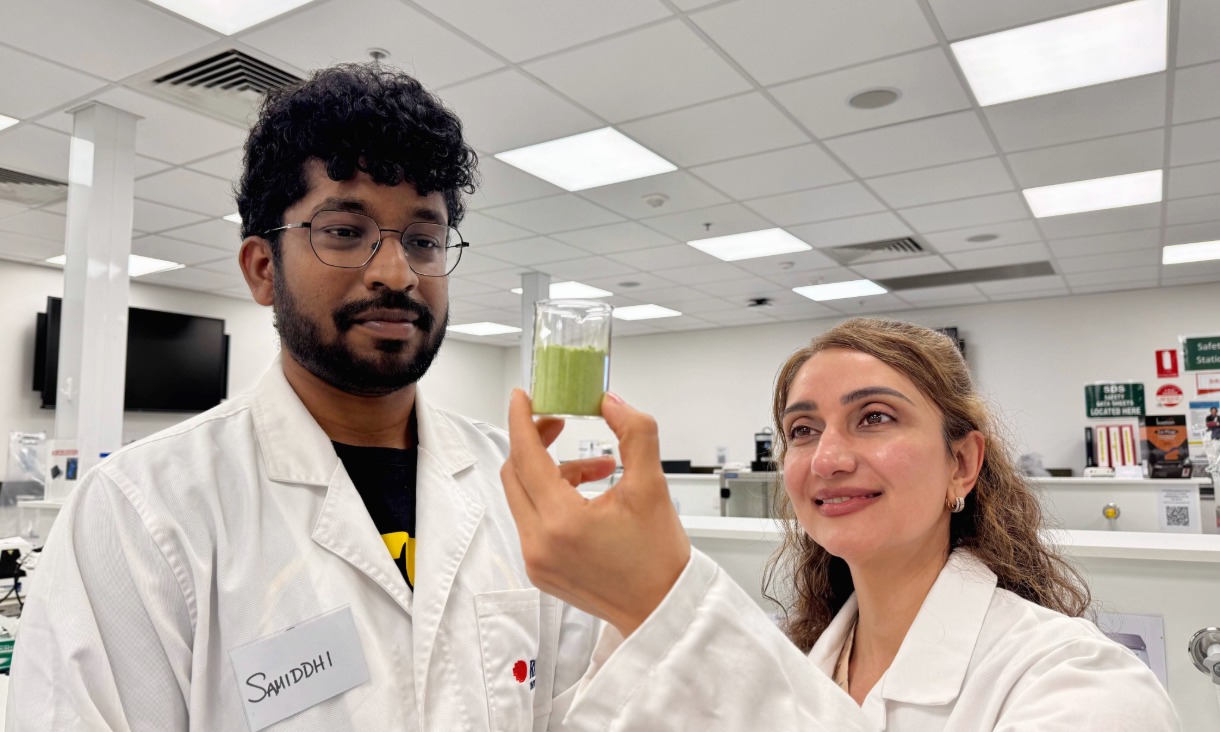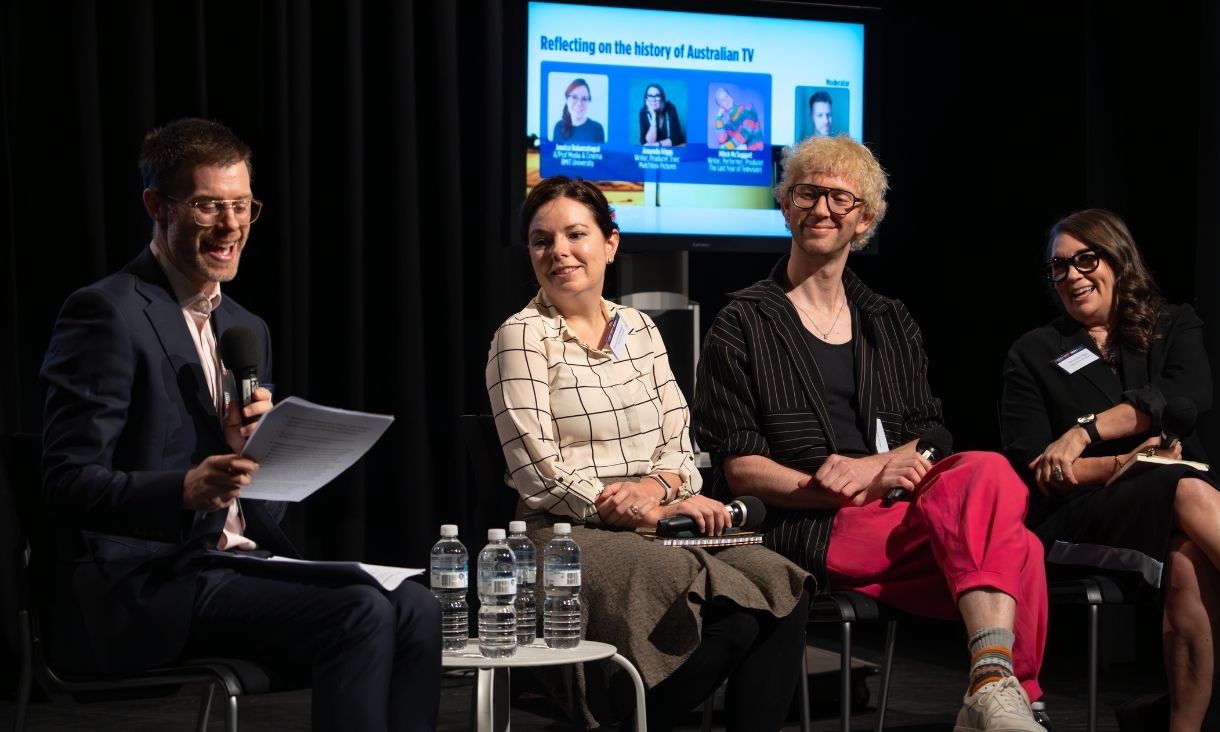The Times Higher Education Impact Rankings was first launched in 2019 and is designed to showcase progress against the 17 United Nations Sustainable Development Goals (SDGs) by measuring a university’s environmental, social and economic impact.
RMIT ranked 22 globally and 4th in Australia in this year’s Impact Rankings, when the number of participating universities increased significantly to a total of 1.406 institutions globally.
RMIT Vice-Chancellor and President Professor Alec Cameron said he was proud of RMIT’s performance in the latest rankings and said the University remained committed to doing all it can to help achieve the Sustainable Development Goals.
“It is great to see that in a broadened global field that RMIT has maintained such strong rankings in the SDGs where we know we excel, such as reducing inequality; improved in areas which have been a strong focus, such as climate action; and remained competitive in all other categories,” Professor Cameron said.
“Our strong performance in the latest rankings is a testament to the University's continued focus on inclusion and diversity, sustainability and climate change, and economic growth, as individuals, communities and whole economies recover from the wide-ranging impacts of the pandemic,” he said.
In 2017, through the Sustainable Development Solutions Network (SDSN), and along with 11 other Australian universities, RMIT made a public commitment to the Sustainable Development Goals.
“Universities have a vital role to play in achieving the Sustainable Development Goals and RMIT remains committed to this goal through making its own operations more sustainable, pioneering innovation and research and equipping the next generation of leaders to help solve our most pressing global challenges.” Professor Cameron said.
RMIT Deputy Vice-Chancellor Education and Vice-President and Chair of the RMIT Sustainability Committee Professor Sherman Young said the University’s strong rankings reflected RMIT’s ongoing commitment to sustainability across multiple goals, including competitive results for SDG 6: Clean Water and Sanitation (13 globally and 5th in Australia), SDG 7: Affordable and Clean Energy (37 globally and 6th in Australia) and SDG 11: Sustainable Cities and Communities (42 globally and 5th in Australia).
RMIT has cut its carbon emissions by 74% since 2007 through renewable energy, efficiency upgrades and other initiatives to reduce and remove carbon across its operations.
In March this year, the University announced it would fast track its carbon neutral target from 2030 to 2025.
“RMIT has achieved the biggest on-site emissions reduction of any tertiary institution in Australia and continues to act with urgency to address climate change by continuing to reduce our carbon emissions globally,” Professor Young said.
In March last year, RMIT also announced that all of the University’s investments were fully fossil free with the launch of a new sustainable global fund that excludes companies with carbon reserves and companies which derive material revenue from fossil fuel-related activities.
In the latest THE Impact Rankings, RMIT also ranked 62nd for SDG 12: Responsible Consumption and Production, and 89th globally for SDG 17: Partnership for the Goals.
The Times Higher Education overall Impact Ranking score is generated from SDG 17 (22% of the overall score), plus the three other strongest SDGs, for which an institution provides data (26% of the overall score).
Read more about RMIT’s commitment and contribution to the SDGs.
Story: Rachel Wells







